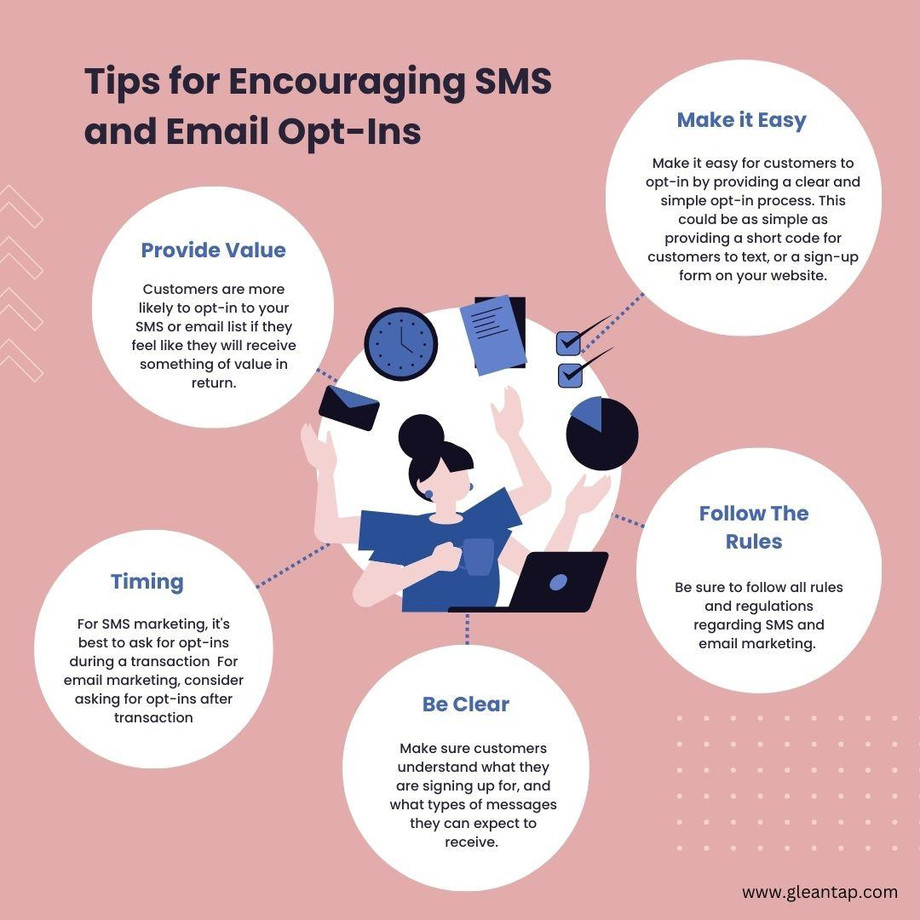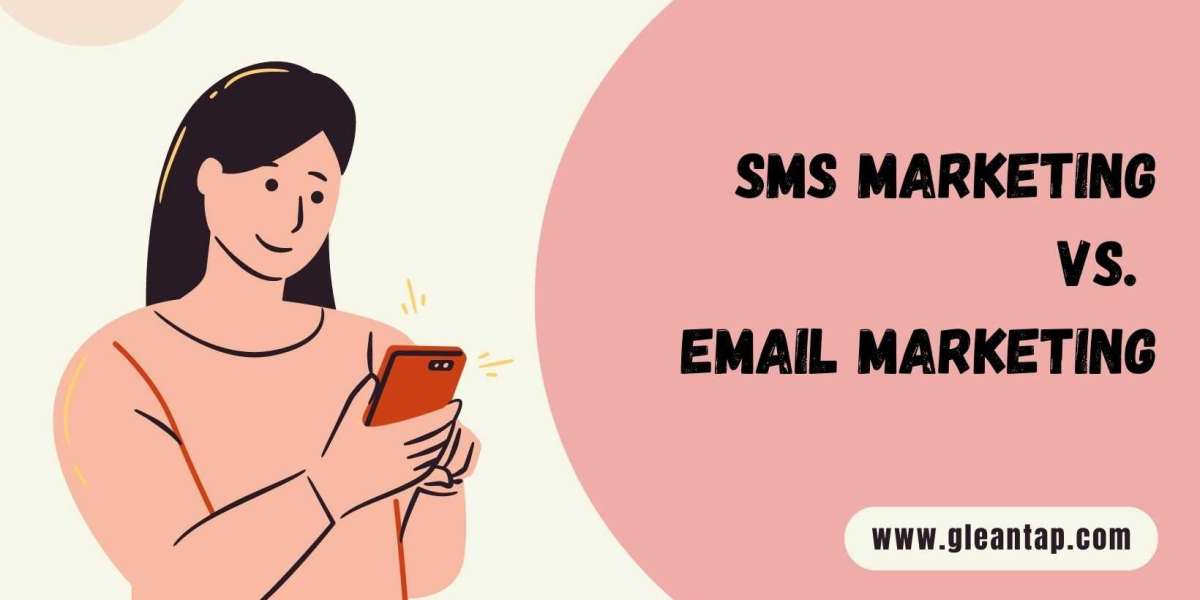SMS marketing and email marketing are two of the most popular forms of digital marketing today. Both are effective in reaching customers and driving conversions, but they each have their own unique strengths and weaknesses.
In this post, we'll explore the differences between SMS marketing and email marketing, and help you decide which one is right for your business.
What is SMS Marketing?
SMS marketing, also known as text message marketing, involves sending promotional messages to customers via SMS (short message service). These messages can include promotions, announcements, reminders, and more.
SMS marketing is typically done through an SMS marketing platform or software, which allows businesses to send and manage text message campaigns.
What is Email Marketing?
Email marketing is the process of sending promotional messages to customers via email. These messages can include promotions, newsletters, product updates, and more.
Email marketing is typically done through an email marketing platform or software, which allows businesses to send and manage email campaigns.
Now that we have a basic understanding of what SMS marketing and email marketing are, let's dive into the differences between the two.
Reach and Open Rates
One of the biggest differences between SMS marketing and email marketing is their reach and open rates. SMS messages have an incredibly high open rate, with some studies showing open rates as high as 98%. This is because text messages are typically read within a few minutes of being received, and most people have their phones with them at all times.
On the other hand, email open rates tend to be lower, with an average open rate of around 20%. This is partly because emails can get lost in a crowded inbox, or be filtered into a spam folder. However, email marketing can reach a much larger audience than SMS marketing, as nearly everyone has an email address.
Content and Formatting
Another key difference between SMS marketing and email marketing is the type of content and formatting used.
SMS messages are limited to 160 characters or less, which means that businesses need to be concise and to-the-point with their messaging.
This can be a challenge, but it also means that SMS messages are more likely to be read and acted upon. Emails, on the other hand, can be much longer and can include more detailed information, images, and links.
This makes email marketing ideal for businesses that want to provide more in-depth information or showcase their products or services in a visually appealing way.
Cost
Cost is another important factor to consider when comparing SMS marketing and email marketing. SMS marketing tends to be more expensive, as businesses typically pay per message sent. This can add up quickly, especially if you have a large customer base.
Email marketing, on the other hand, tends to be much cheaper. Most email marketing platforms charge a monthly fee based on the number of subscribers you have, rather than the number of emails sent.
This makes email marketing a more cost-effective option for businesses that want to reach a large audience.
Timing and Urgency
SMS marketing is ideal for businesses that need to communicate urgent or time-sensitive information to their customers.
Because text messages are typically read within a few minutes of being received, they are a great way to get important messages in front of customers quickly.
Email marketing, on the other hand, is better suited for messages that are less urgent and require more time and attention to read. Emails can be scheduled in advance and can be designed to provide more detailed information or call-to-actions.
Opt-In and Opt-Out
Finally, it's important to consider opt-in and opt-out rates when comparing SMS marketing and email marketing. SMS marketing requires customers to opt-in to receive messages, and also provides an easy way for customers to opt-out if they no longer wish to receive messages.
Email marketing also requires customers to opt-in, but it can be more difficult to get people to opt-in to email lists. However, most email marketing platforms include an opt-out or unsubscribe option in every email, making it easy for customers to stop receiving messages if they choose to.

Tips for Encouraging SMS and Email Opt-Ins
Now that we've covered the differences between SMS marketing and email marketing, let's look at some tips for encouraging customers to opt-in to your messaging.
Provide Value: Customers are more likely to opt-in to your SMS or email list if they feel like they will receive something of value in return. Consider offering a discount or other incentive for signing up.
Make it Easy: Make it easy for customers to opt-in by providing a clear and simple opt-in process. This could be as simple as providing a short code for customers to text, or a sign-up form on your website.
Timing: Consider the timing of your opt-in request. For SMS marketing, it's best to ask for opt-ins during a transaction or at a point of contact with the customer. For email marketing, consider asking for opt-ins after a customer has made a purchase or engaged with your business in some way.
Be Clear: Make sure customers understand what they are signing up for, and what types of messages they can expect to receive. This will help to prevent opt-outs or complaints down the line.
Follow the Rules: Be sure to follow all rules and regulations regarding SMS and email marketing. This includes providing opt-out options, and ensuring that customers have given consent to receive messages.
Conclusion
SMS marketing and email marketing are both effective ways to reach and engage customers, but they each have their own strengths and weaknesses.
SMS marketing is great for urgent or time-sensitive messaging, while email marketing is better suited for more detailed or visual content.
Ultimately, the best option for your business will depend on your goals and the preferences of your audience. By following these tips and best practices, you can create successful SMS and email marketing campaigns that drive conversions and build customer loyalty.








